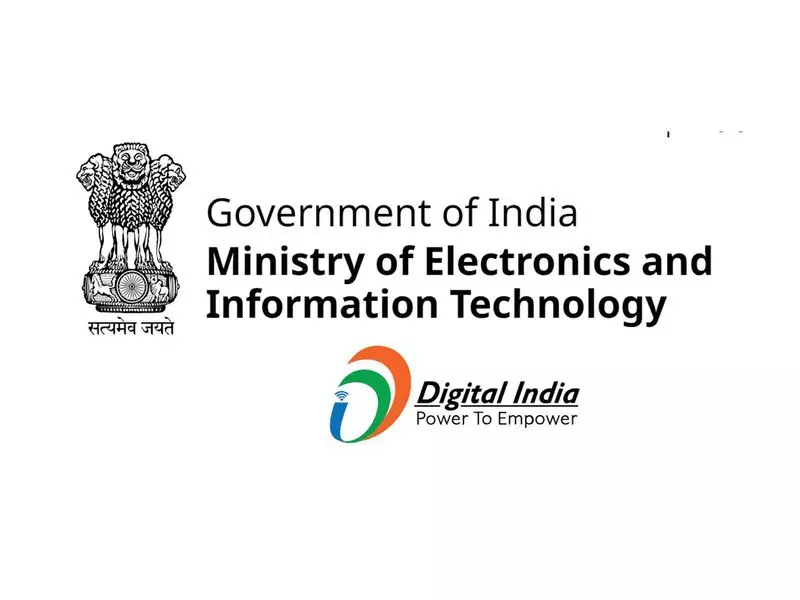
The Indian government has taken a monumental step toward safeguarding digital privacy by officially notifying the Digital Personal Data Protection (DPDP) Rules. This landmark development empowers citizens with greater control over their personal information while establishing clear guidelines for organizations handling digital data.
What the DPDP Rules Mean for India
The Ministry of Electronics and Information Technology (MeitY) formally notified these rules on February 12, 2024, marking a significant milestone in India's digital governance journey. The rules operationalize the Digital Personal Data Protection Act, 2023, which received presidential assent in August 2023.
The primary objective of these regulations is to protect the fundamental right to privacy while ensuring that personal data is processed lawfully and transparently. This represents India's first comprehensive framework specifically designed to regulate the processing of digital personal data across the country.
Key Provisions and Citizen Empowerment
The newly notified rules establish several crucial mechanisms to protect individual privacy rights. Citizens now have the right to access basic information about their personal data in English or any language specified in the Eighth Schedule of the Indian Constitution. This provision ensures that language barriers don't prevent people from understanding how their information is being used.
Another significant aspect involves the appointment of consent managers. These managers will serve as single points of contact for individuals to manage their consent preferences through accessible platforms. The rules mandate that these platforms must be transparent and interoperable, giving users genuine control over their data sharing preferences.
The regulations also address how organizations handle data breaches and complaints. Data fiduciaries—entities that determine the purpose and means of processing personal data—must establish effective grievance redressal mechanisms. This ensures that citizen complaints receive prompt attention and resolution.
Implementation and Compliance Framework
The government has established clear timelines and procedures for compliance. The Data Protection Board of India, the regulatory body overseeing implementation, will follow specific procedures when handling breaches and addressing non-compliance issues.
The rules provide detailed guidance on giving notices to data principals—the individuals to whom the personal data relates. These notices must clearly explain the purpose of data processing in simple, understandable language. This transparency requirement represents a significant shift toward greater accountability in data handling practices.
For organizations processing children's data or data of individuals with disabilities, additional safeguards apply. The rules recognize the heightened vulnerability of these groups and provide enhanced protections accordingly.
The notification of DPDP rules marks a transformative moment in India's digital landscape. By establishing clear rights for citizens and responsibilities for organizations, the framework aims to create a balanced ecosystem where innovation can thrive while fundamental privacy rights remain protected.






